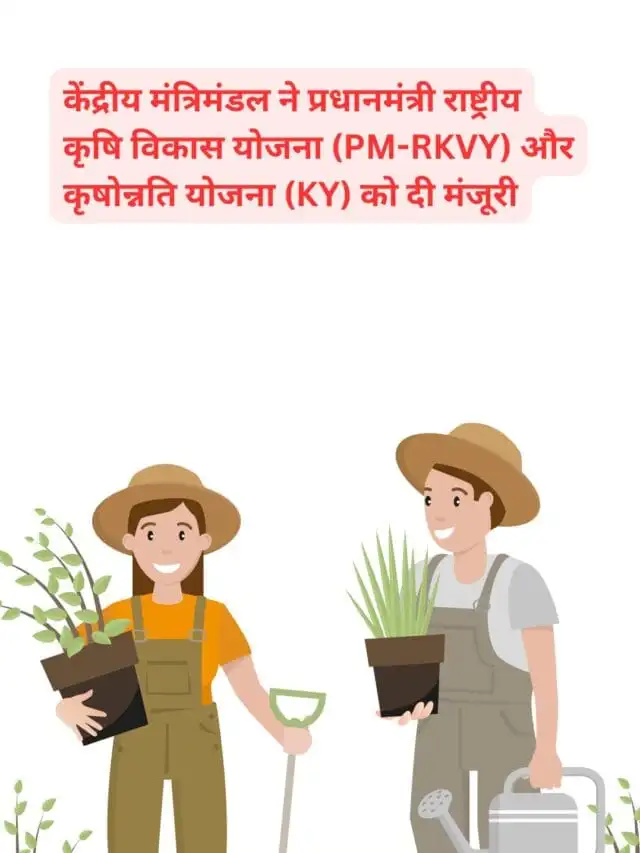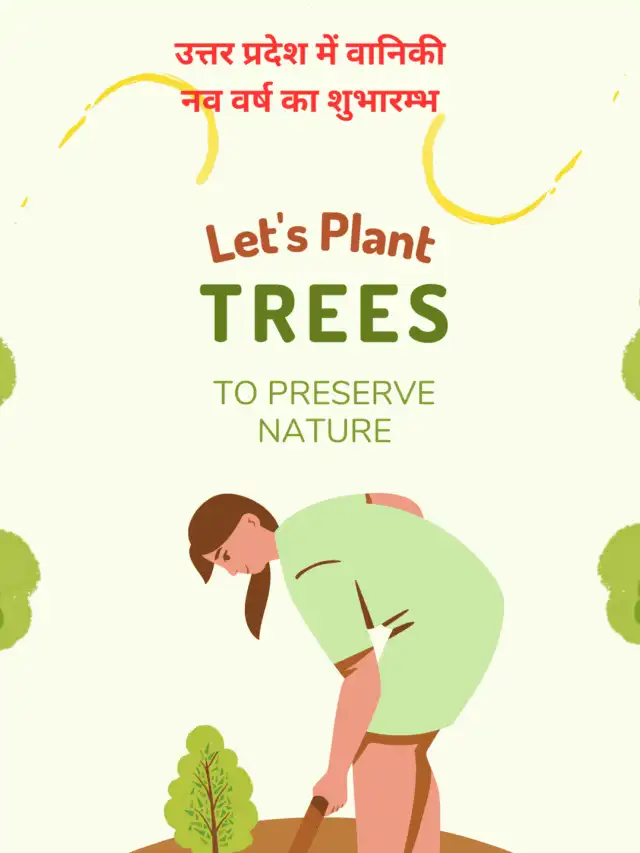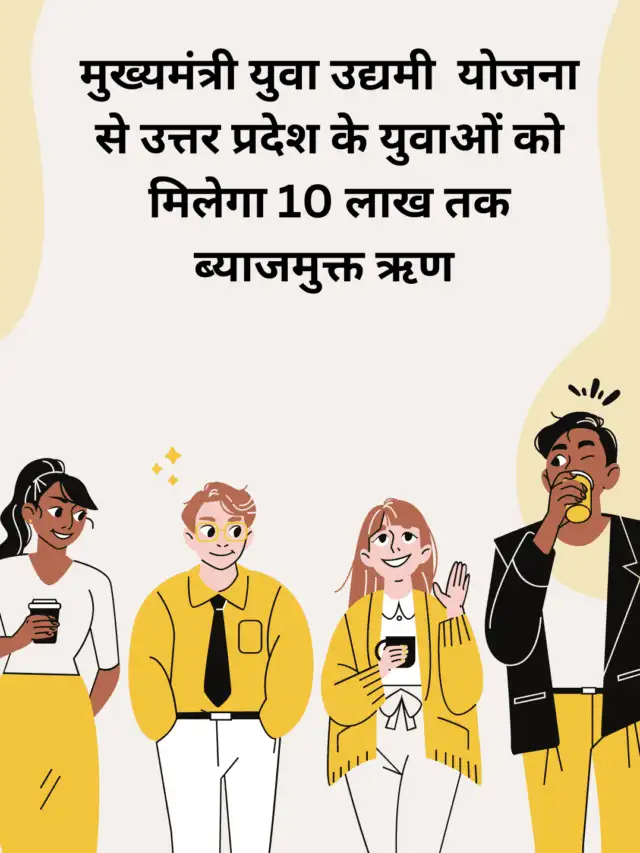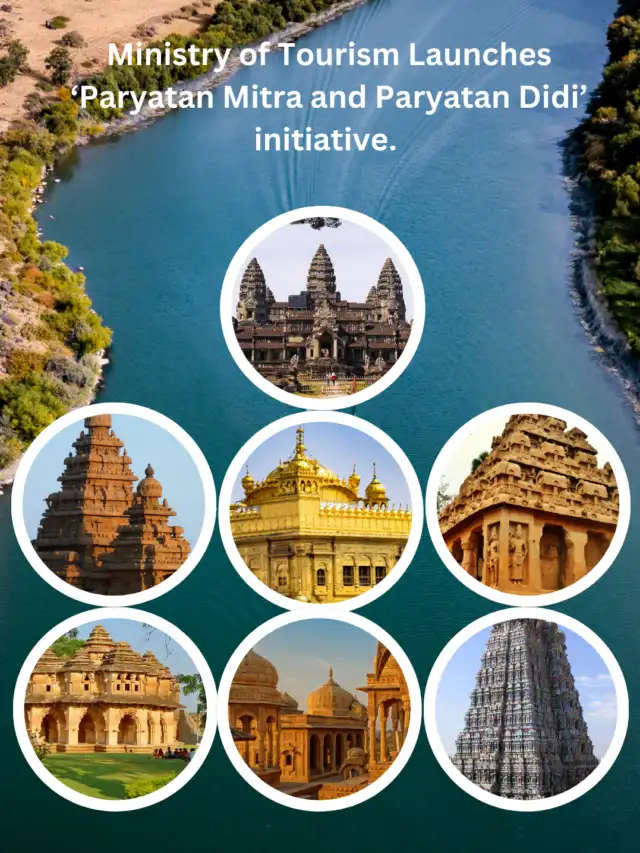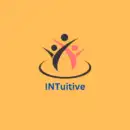
Towards enhancing literacy across the nation, the Department of School Education and Literacy under the Ministry of Education, Government of India, has unveiled a refined and comprehensive description of literacy
In a significant move towards enhancing literacy across the nation, the Department of School Education and Literacy under the Ministry of Education, Government of India, has unveiled a refined and comprehensive description of literacy, tailored specifically to the Indian context. This initiative aligns closely with the goals of the National Education Policy (NEP) 2020 and aims to accelerate the achievement of full literacy across all States and Union Territories under the ULLAS – Nav Bharat Saaksharta Karyakram. This program not only furthers the objectives of NEP 2020 but also supports the global Sustainable Development Goal (SDG) 4.6, which seeks to ensure that all youth and a substantial proportion of adults, both men and women, achieve literacy and numeracy by 2030.
Literacy as the foundation for a developed India
Addressing the ULLAS Mela in New Delhi on February 6, 2024, Education Minister Shri Dharmendra Pradhan emphasized the pivotal role of the ULLAS scheme in laying the groundwork for a ‘Viksit Bharat’ (Developed India). He highlighted how literacy is not just a basic educational goal but a cornerstone for realizing the broader vision of a prosperous and empowered nation, as envisioned by Prime Minister Shri Narendra Modi.
Expanding the definition of literacy
The National Education Policy (NEP) 2020, in its approach to Adult Education, acknowledges the importance of literacy in fostering individual and national development. As stated in paragraph 21.4 of the NEP, the government is committed to launching strong and innovative initiatives for adult education, particularly those that involve community engagement and the integration of technology. This initiative is essential to achieve the critical goal of 100% literacy. The policy highlights the direct correlation between literacy rates and per capita GDP, illustrating the significant disadvantages non-literate individuals face in various aspects of life, including financial transactions, job applications, media comprehension, understanding rights, and participation in higher productivity sectors.
Recognizing the need for a broader and more inclusive definition of literacy, the Department has now redefined literacy as “the ability to read, write, and compute with comprehension, i.e., to identify, understand, interpret, and create, along with critical life skills such as digital literacy, financial literacy, etc.” This expanded definition ensures that individuals are not only equipped with basic reading and writing skills but also with essential life skills that enable them to fully participate in and contribute to society.
Setting a new benchmark for full literacy
In addition to redefining literacy, the Department has set a new benchmark for what constitutes full literacy within the Indian context. Achieving 95% literacy in a State or Union Territory will now be considered equivalent to full literacy. This new standard was developed through a collaborative process involving experts from NCERT, UNESCO, and other educational institutions. The consensus reached during a recent meeting, chaired by senior educational advisors, underscores the need for a literacy framework that meets global standards while being firmly rooted in India’s unique socio-cultural landscape.
Milestones and achievements under the ULLAS scheme
The introduction of this enhanced definition marks a significant milestone in India’s journey towards full literacy. It reaffirms the Government’s commitment to ensuring that every citizen has the opportunity to acquire foundational skills necessary for personal and societal advancement. The recent achievement of over 97% literacy in the Union Territory of Ladakh under the ULLAS scheme stands as a testament to the effectiveness of these efforts. This remarkable accomplishment sets a benchmark for other regions to emulate and underscores the potential of the ULLAS initiative to drive nationwide progress.
A call to action for all stakeholders
As India embarks on this ambitious journey to achieve full literacy, the Government calls upon all stakeholders, including educators, community leaders, and policymakers, to renew their efforts in promoting literacy. This collaborative endeavor is crucial for fulfilling the vision outlined in the NEP 2020 and ensuring that India continues to make strides toward reaching full literacy by 2030. The ULLAS program, with its inclusive and expansive approach to literacy, is set to make “Jan Jan Saakshar” (Every Citizen Literate) a reality.
Conclusion
The redefinition of literacy in India is more than just an administrative update; it is a profound shift in how we view and approach education. By embracing a wider skill set that includes digital literacy, financial literacy, and other critical life skills, India is not only preparing its citizens for the challenges of the modern world but also laying the foundation for a more prosperous and equitable society.
The ULLAS – Nav Bharat Saaksharta Karyakram represents a beacon of hope and progress, illuminating the path toward a fully literate and empowered India. As we move closer to 2030, these initiatives will play a crucial role in shaping the future of the nation, ensuring that literacy becomes the bedrock of India’s continued growth and development.
